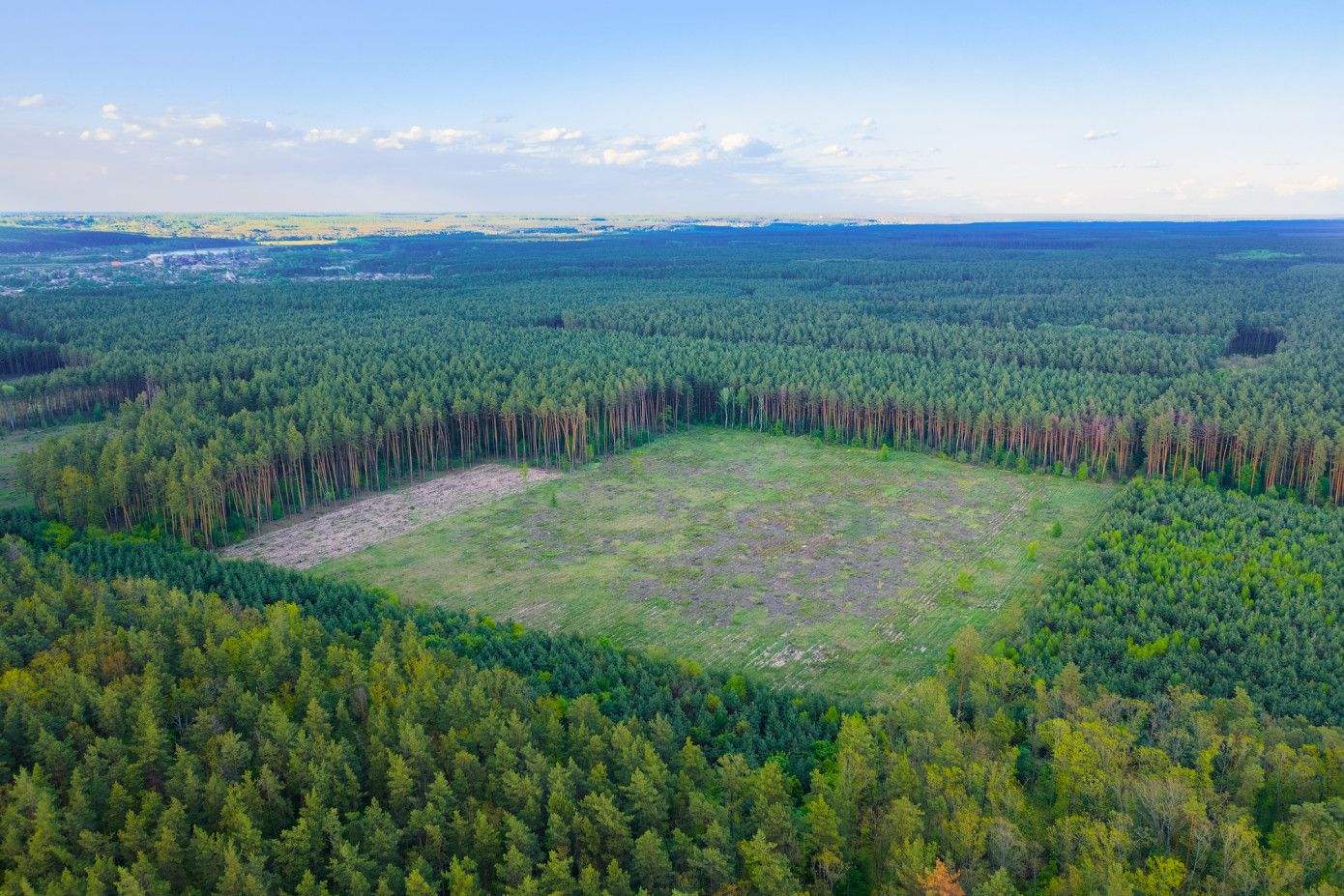The Brazilian meat industry is responsible for the destruction of more than 800 million trees in the Amazon rainforest in just six years to meet global demand, according to an investigation by the Bureau of Investigative Journalism (TBJJ), The Guardian, Repórter Brasil and Forbidden Stories.
The investigation, part of Forbidden Stories' Bruno and Dom project, exposed widespread forest loss associated with cattle farming. Despite promises from the beef industry to avoid deforestation-linked farms, data indicates that around 1.7 million hectares (4.2 million acres) of the Amazon were destroyed near meat plants exporting beef worldwide.
Using satellite imagery and other data, researchers estimated forest loss between 2017 and 2022 on ranches near more than 20 slaughterhouses owned by Brazil's leading beef operators – JBS, Marfrig, and Minerva. The study focused on Mato Grosso, Pará, and Rondônia, regions known for deforestation related to ranching.
The investigation revealed that Nestlé, Tönnies, and several EU wholesale buyers sourced meat from the implicated plants. Concerns arise regarding potential violations of new laws combating deforestation in supply chains.
Environmental advocates and lawmakers stress the urgent need for stronger global legislation. The responsibility for Amazon destruction extends beyond Brazil, with consumer countries like the EU, UK, and China implicated as major importers. The EU's new law against imported deforestation is seen as a potential model for others to follow.
